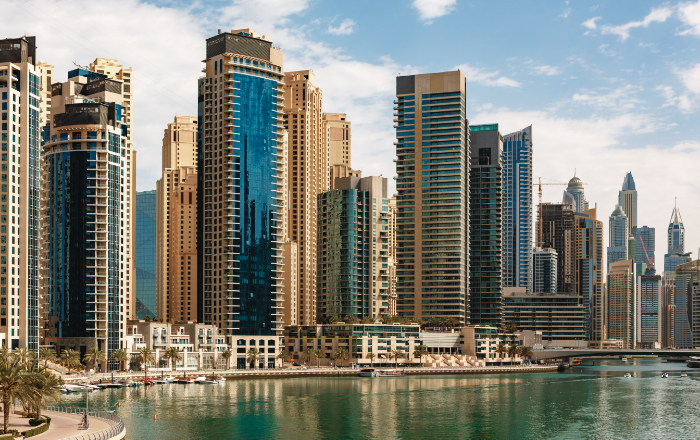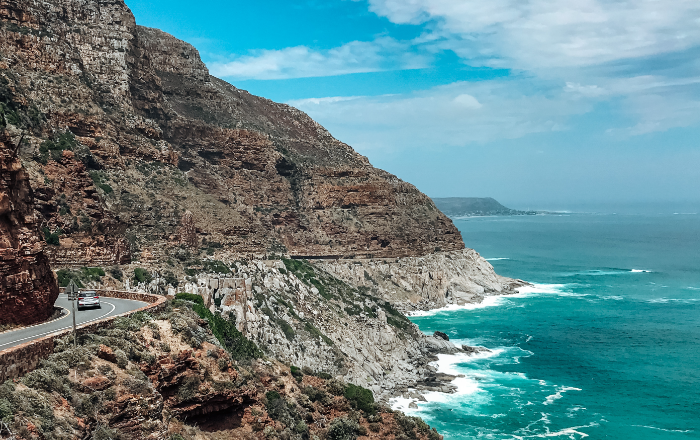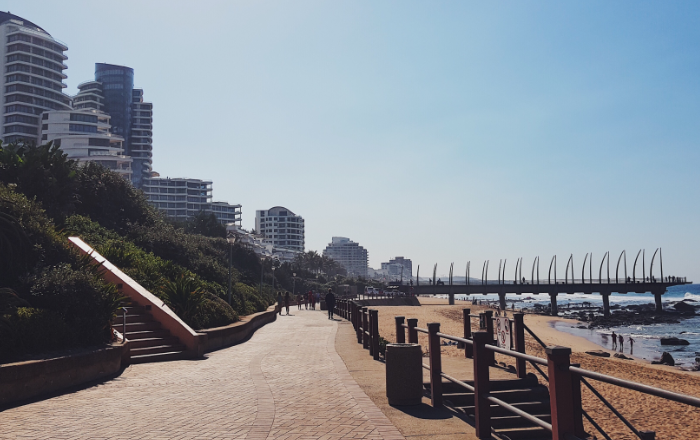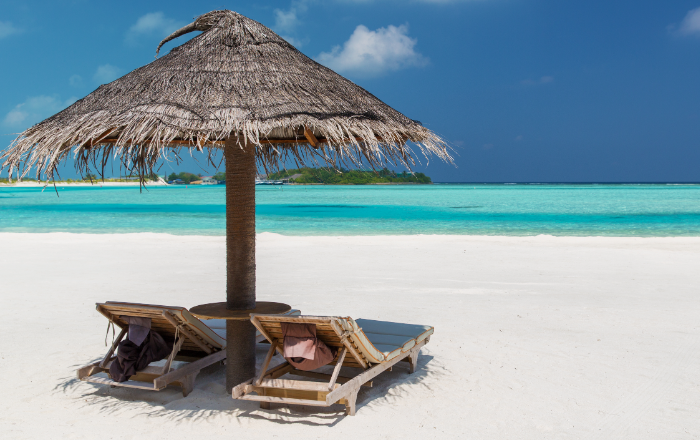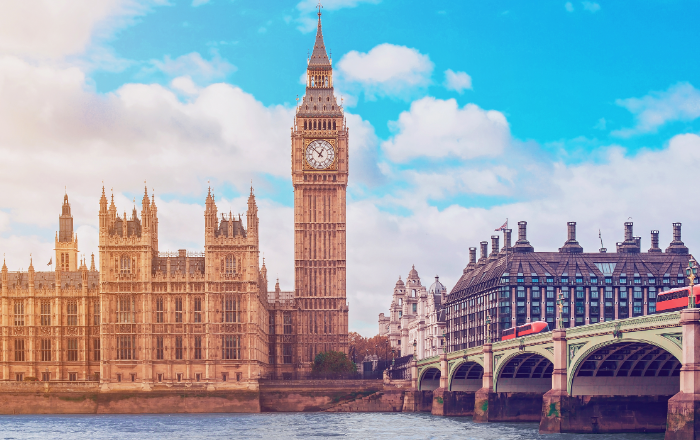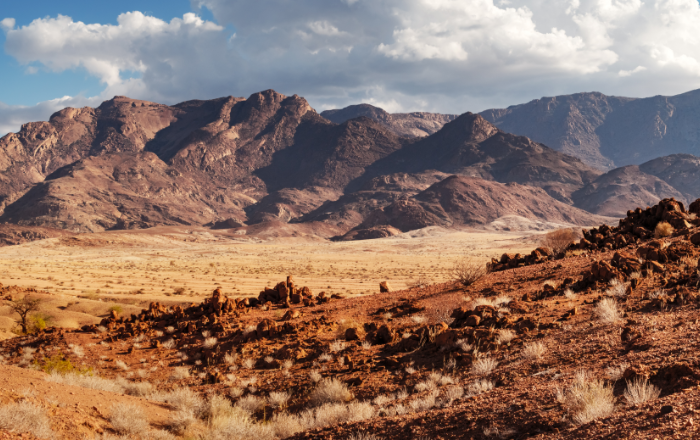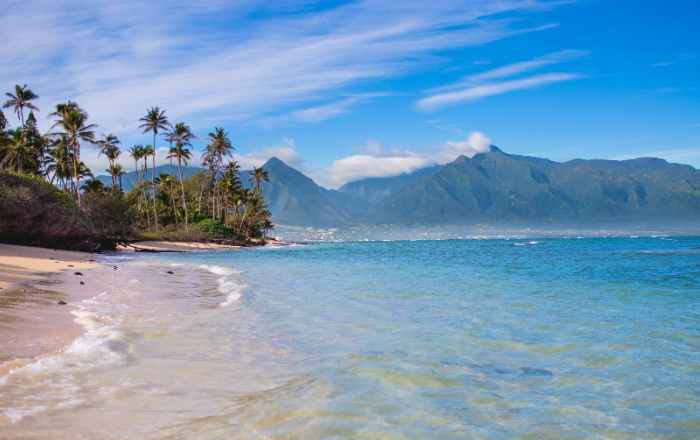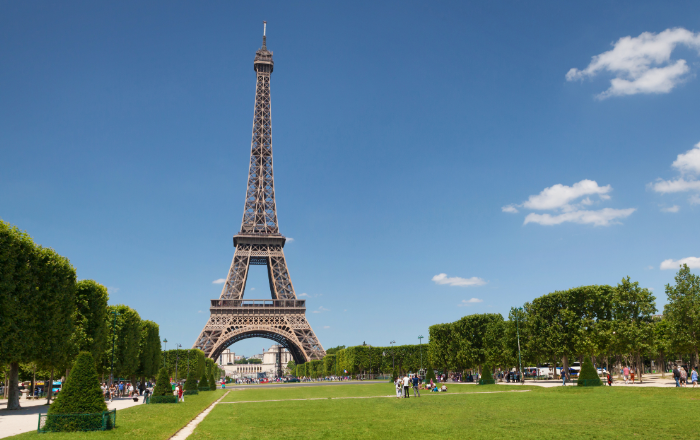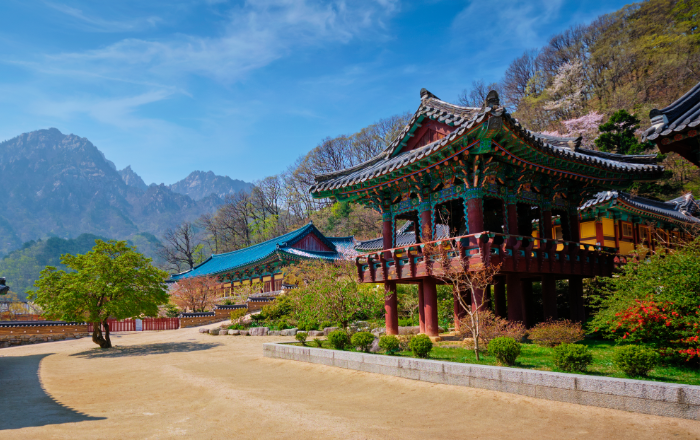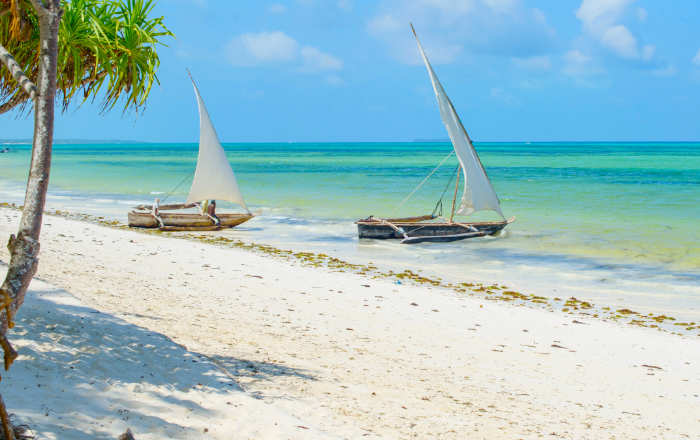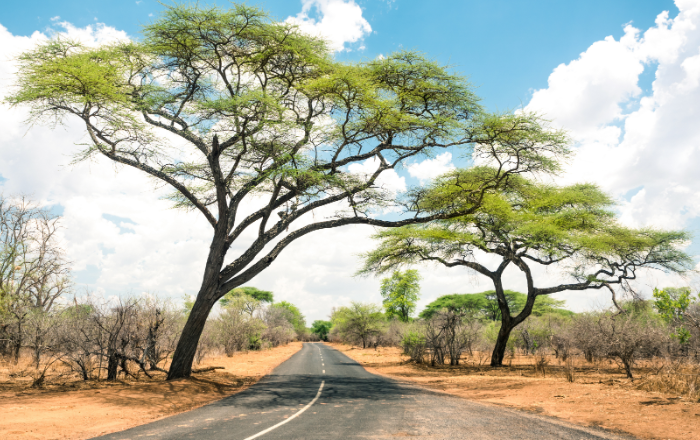Flight tickets from Plettenberg Bay to Lagos
Lagos is a vibrant, bustling city in Nigeria and is one of the most populous urban areas in the world. Located on the western coast of Africa, Lagos is an incredibly diverse region both in terms of population, economics and culture. It is commonly referred to as the "Centre of Excellence" because of its historical importance, vibrant economy and electric culture. This article will explore the many facets of the great city of Lagos, from its geography and climate to its culture, economy, and historical significance. Whether you’re looking for a place to visit or somewhere to call home, Lagos has a lot to offer.
Getting to Know Lagos
Lagos is the largest city in Nigeria, situated in the country's southwestern region. The estimated population of the metropolitan area is 21 million people, making it the most populous metro area in both Africa and the western hemisphere. With its numerous agricultural and oil production industries, Lagos is an economic powerhouse and the most populous city in the country. The official time zone of Lagos is UTC+ 1, and English is the official language. Additional languages spoken in the city include Hausa, Igbo, and Yoruba. The official currency of Lagos is the Nigerian Naira (NGN). The exchange rate per US dollar is currently 363 Nigerian Naira.
Climate and Weather
Lagos is located in the tropical wet and dry climate zone, which is characterized by a distinct dry season and a wet season. This climate is also known as the equatorial and tropical rainforest climate. The city experiences warm to hot temperatures and high humidity throughout the year. The average temperature ranges from 24°C (75°F) to 34°C (93°F). The wet season typically runs from April to October, and the dry season runs from November to March. During the wet season, Lagos experiences heavy rainfall and thunderstorms that can cause flooding. During the dry season, temperatures are milder but still humid with minimal rainfall. The city experiences an annual average of 1200mm of rainfall, which is highest in the months of April and May. Storms, hurricanes, and typhoons rarely occur due to Lagos being located far away from tropical cyclone paths.
Touring Lagos: Airport and Transportation
There are two airports in Lagos: Murtala Muhammed International Airport (LOS) and Lagos Air Force Base (Ikeja Airport, IKJ). You can get from the main airport to downtown Lagos via car, taxi and bus. A bus journey costs about NGN 400 and usually takes about 45 minutes to reach downtown. You can also hire a taxi, which costs about NGN 2,500 and generally takes 30 minutes. Yes, you can change money at the Murtala Muhammed International Airport in Lagos, with a range of currency exchange and ATM services available.
Exploring the Rich History and Culture of Lagos
- Lagos was founded by the Portuguese in the 16th century, and since then it has been a major port in West Africa, connecting the interior to the outside world
- The city of Lagos is home to numerous different cultural communities, ranging from Nigerian to Portuguese, Brazilian and Cuban influences
- Ranging from modern structures to colonial relics, Lagos is a city that is steeped in cultural and historical importance and offers visitors a unique cultural experience
Check the weather before buying a ticket from Plettenberg Bay to Lagos
Q&As for booking flights from Plettenberg Bay to Lagos
How long is the flight from Plettenberg Bay to Lagos?
There are no direct flights from Plettenberg Bay to Lagos, so the duration of the flight will depend on the number of stops and the layover time in each airport.
How far is the flight from Plettenberg Bay to Lagos?
There are no direct flights between Plettenberg Bay and Lagos, so the journey will involve at least one stopover. The total flight time is likely to be at least 13 hours.
Which airlines fly direct from Plettenberg Bay to Lagos?
Kulula, SAA, Airlink, British Airways and Mango fly direct from Plettenberg Bay to Lagos.
How many airports are there in Lagos and what are their official names.
There are two airports in Lagos, Nigeria. They are the Murtala Muhammed International Airport (MMIA) and the domestic airport, Lagos Airport.
How many flights are there a week from Plettenberg Bay to Lagos?
There are four flights a week from Plettenberg Bay to Lagos.
When is the cheapest time to buy a ticket from Plettenberg Bay to Lagos?
The cheapest time to buy a ticket from Plettenberg Bay to Lagos is almost always going to be when booking 43 days in advance. Tickets tend to get more expensive as your travel date approaches, so booking far in advance is usually the best option. Having flexibility in your travel plans means you can save more, so consider flying into and out of multiple airports when booking your flight.
How can i get from the main airport to downtown in Lagos and how much does it cost?
There is no direct public transportation from Lagos Airport to downtown Lagos. The only way to get to downtown Lagos from the airport is by taxi. The cost of a taxi from Lagos Airport to downtown Lagos is about $30.
